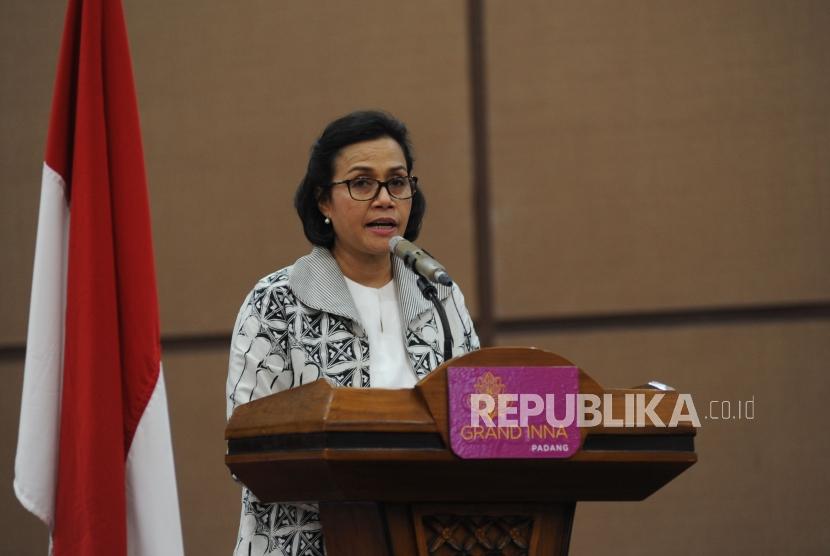REPUBLIKA.CO.ID, JAKARTA -- Finance Minister Sri Mulyani Indarwati commented on the data released by Central Statistic Agency (BPS) saying Indonesia's trade deficit reached US$676.9 million in January 2018. She said it reflected domestic needs for raw materials and capital goods.
"If the imports comprised raw materials and capital goods, this would be a sound indicator of manufacturing industries and investment," Indarwati noted here on Thursday.
By looking at its components, the deficit will be something that needs to be controlled, the minister pointed out. Indarwati highlighted the importance of encouraging exports and capital inflows, so that the trade deficit will not create a perception of external risks.
Trade Minister Enggartiasto Lukita remarked that the oil and gas price hike was one of the factors raising imports. Lukita revealed that the Trade Ministry will formulate a policy to keep down the trade deficit by increasing exports.
The Central Statistics Agency (BPS) earlier stated in the day that Indonesia's trade balance had recorded a deficit of $676.9 million in January 2018.
The country's exports stood at $14.46 billion, while its imports had reached $15.13 billion in January 2018, the agency noted.
"Exports in January 2018 fell 2.81 percent as compared to December 2017 but increased 7.66 percent in comparison with January 2017," BPS Chief Kecuk Suharyanto had noted in a press conference here on Thursday.
Suharyanto remarked that non-oil/non-gas exports in January 2018 had dropped 1.45 percent to $13.17 billion as compared to December 2017 but rose 8.57 percent in comparison with January 2017.
The shortfall in non-oil/non-gas exports was the result of the declining prices of several commodities, including copra and kernel oil. However, the prices of coal and nickel went up.
"On a yearly basis, our exports (in January 2018) still recorded an increase as compared to January 2017. However, our imports rose far higher," he pointed out.
On the other hand, Indonesia's imports in January 2018 had reached $15.13 billion, up 0.26 percent as compared to December 2017, or 26.44 percent in comparison with January 2017.
The increase in imports was fueled by the import of non-oil/non-gas goods, particularly vehicles and spare parts.
According to BPS, Indonesia had recorded a trade deficit of $1.83 billion with China, $211.4 million with Thailand, and $178.2 million with Australia in January 2018.


